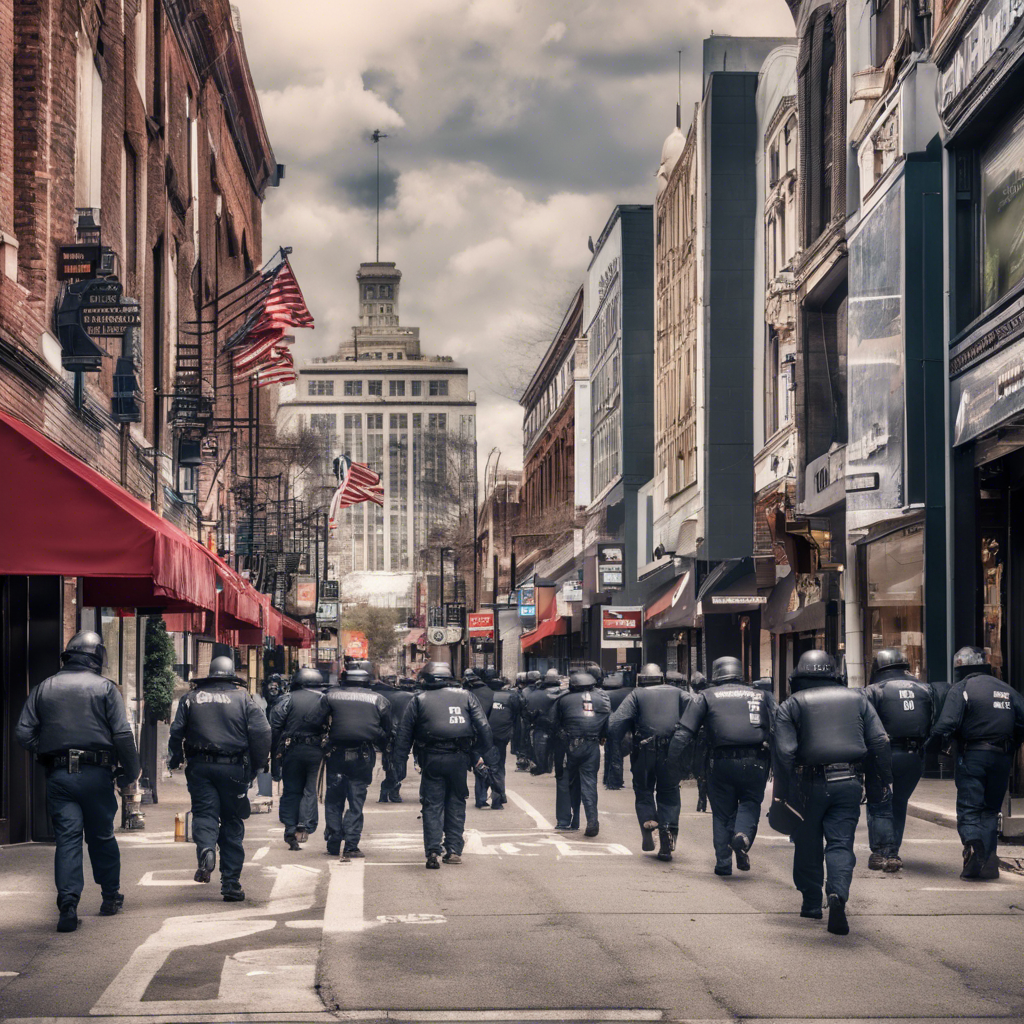Rising Crime Rates Threaten Retail Stores and Businesses in Major Cities

Retail theft and violence reach unprecedented levels, forcing stores to close and communities to grapple with the consequences.
In major cities across the country, a wave of crime has engulfed retail stores and businesses, posing a severe threat to their livelihood and the well-being of customers. Cities like Los Angeles, San Francisco, Chicago, Portland, and Washington, D.C., have become hotspots for retail thieves, with incidents of theft and violence caught on video and shared widely on social media. The National Retail Federation (NRF) recently reported that shoplifting accounted for a staggering $112.1 billion in losses in 2022, a significant increase from $93.9 billion the previous year. This surge in crime has prompted major companies like Target to close stores in affected areas, leaving consumers and communities grappling with the consequences.
Escalating Theft and Violence Plague Retail Stores
Theft and organized retail crime have reached unprecedented levels, leading to dire consequences for retailers. David Johnston, the NRF vice president for asset protection and retail operations, emphasized that the financial impact of these crimes is just the tip of the iceberg. The escalating violence and concerns over safety have become the top priority for retailers of all sizes and categories. Target, one of the largest retail chains, announced the closure of multiple stores in Portland, San Francisco, and New York City due to the alarming rise in theft and violence. Despite investing heavily in security measures, such as increasing security personnel and implementing theft-deterrent tools, the fundamental challenges of operating these stores safely and successfully have proven insurmountable.
California’s Battle with Smash-and-Grab Robberies
The state of California has been particularly hard-hit by smash-and-grab robberies, especially in luxury retail areas across both southern and northern parts of the state. Frustrated by rising retail theft, San Mateo County Supervisor David Canepa admitted that current state laws are failing to deter criminals. Canepa expressed regret for supporting Proposition 47, a 2014 measure that downgraded certain thefts and drug possession crimes from felonies to misdemeanors if the value of stolen goods was below $950. Canepa acknowledged that this decision has allowed criminals to take advantage, costing businesses and communities thousands of dollars and undermining social order.
Unintended Consequences of Loitering Laws
In San Diego, a new law allowing loitering with the intent to engage in prostitution has resulted in a surge of prostitution in the city. This has placed an additional burden on businesses, forcing them to incur extra security costs and warn customers about the presence of near-naked women and pimps in the area. Business owners have had to take measures like installing lights to deter criminal activity, but these lights inadvertently attract attention from prostitutes. The consequences extend beyond mere inconvenience, with reports of car break-ins and stolen tools. Business owners fear retaliation from pimps or prostitutes if they speak out, highlighting the dangerous environment they face daily.
Conclusion:
The rising crime rates in major cities pose a significant threat to retail stores and businesses, impacting their financial stability and the safety of their customers. The staggering losses due to theft and organized crime have forced major retailers to close stores, leaving communities grappling with the consequences. The unintended consequences of lenient laws, such as California’s Proposition 47, have emboldened criminals and undermined the efforts to maintain social order. It is clear that urgent action is needed to address these challenges and ensure the safety and prosperity of businesses and communities alike.

